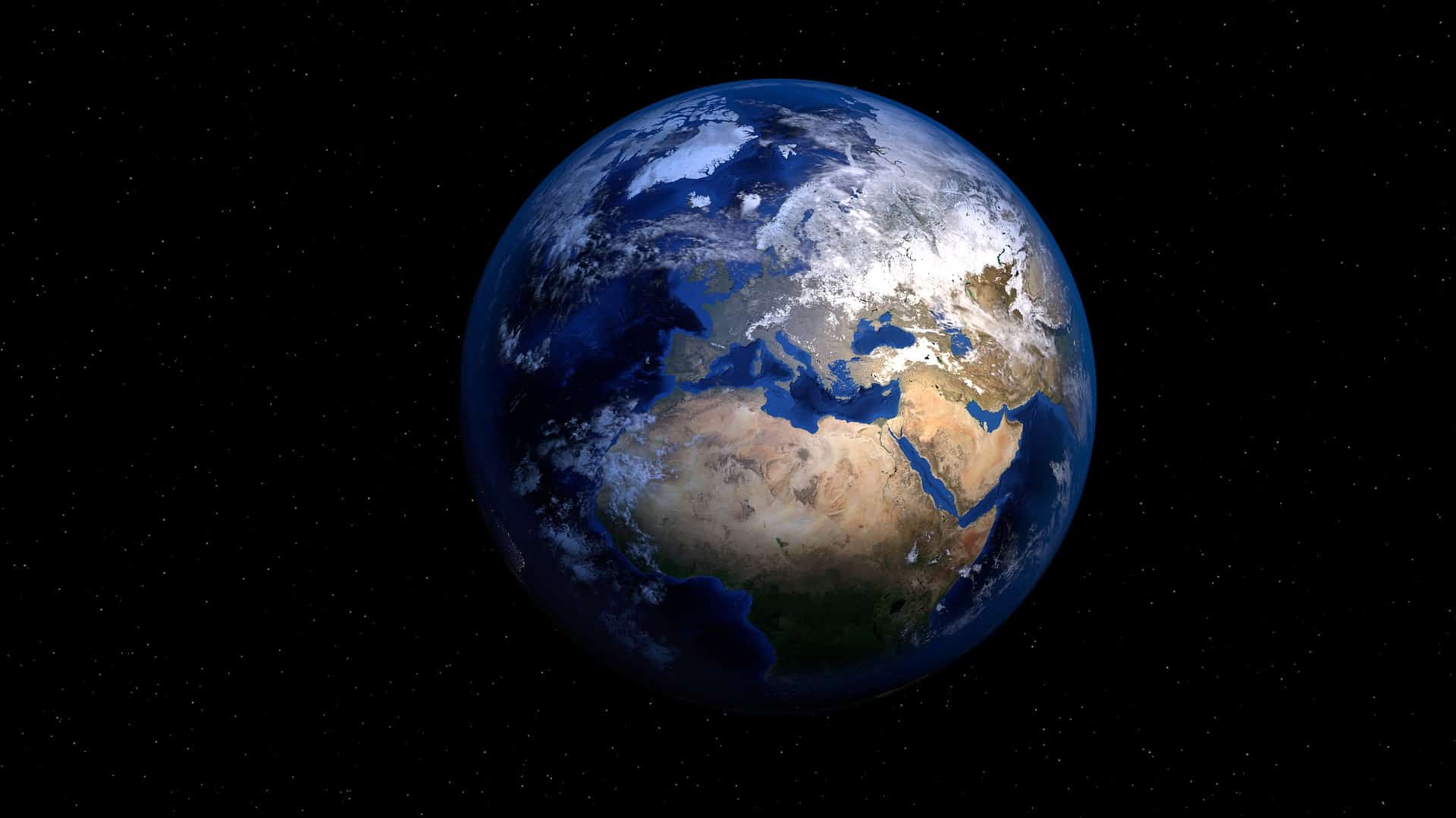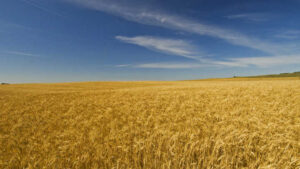The International Atomic Energy Agency (IAEA) and the Food and Agriculture Organization of the United Nations (FAO) sent seeds to space on Monday, Nov. 7, the next step in their joint effort to develop new crops that can adapt to climate change on Earth.
“Nuclear science once again is showing us its extraordinary capability to tackle climate change,” shared IAEA director general Rafael Mariano Grossi in a release. “I am hopeful this experiment will bring about breakthroughs: results that we share freely with scientists and new crops that help farmers adapt to climate change and boost food supplies.”
Seeds of Arabidopsis — commonly used for genetic experiments because of its unique features — and sorghum will be exposed to conditions including microgravity, a mixture of cosmic radiation and aggressively low temperatures outside and within the International Space Station for three months. Once the seeds return to earth, the Joint FAO/IAEA Centre of Nuclear Techniques in Food and Agriculture scientists will grow and analyze them to identify useful traits. These findings will help experts to better understand the space-induced mutations of plant seeds — also known as space mutagenesis — and determine if there are new varieties that are able to adapt to altered terrestrial conditions linked to climate change.
“Millions of vulnerable smallholder food producers across the planet urgently require resilient, high-quality seeds adapted to increasingly challenging growing conditions,” said FAO director-general Qu Dongyu. “Innovative science like space breeding of improved crop varieties can help pave the road to a brighter future of better production, better nutrition, a better environment, and a better life.”
An Ongoing Partnership
The current experiment is founded on nearly 60 years of experience from the Joint FAO/IAEA Centre through inducing mutations in plants, thereby speeding up breeding with radiation to create new agricultural crop varieties. The project falls under the IAEA and FAO portfolio for climate change projects developed to help countries adapt to the changing climate.
To date, over 3,400 mutant varieties from more than 210 plant species created utilizing genetic variation, along with mutation breeding, have officially been released in 70 countries for commercial use.
This experiment marks the first time the IAEA and FAO have conducted genomic and biological analyses on seeds exposed to space mutagenesis. The seeds will be presented with unique conditions at the International Space Station that are impossible to reproduce in a laboratory on Earth. Experts plan to compare these seeds with those exposed to radiation in laboratories to investigate how it impacts DNA and growth.
Read More:
How Long Can Plants Survive in Space? NASA Launches Mission to Find Out
The First Commercial Space Greenhouse is Ready for Orbit
Can Space Help Breed More Stress Tolerant Crops? NASA’s Doing the Research











